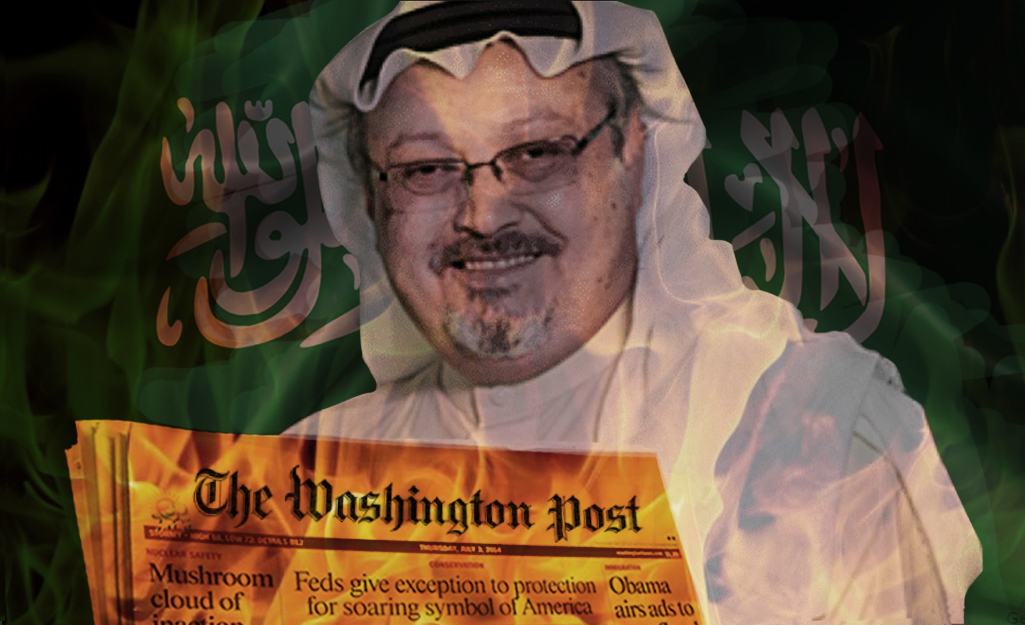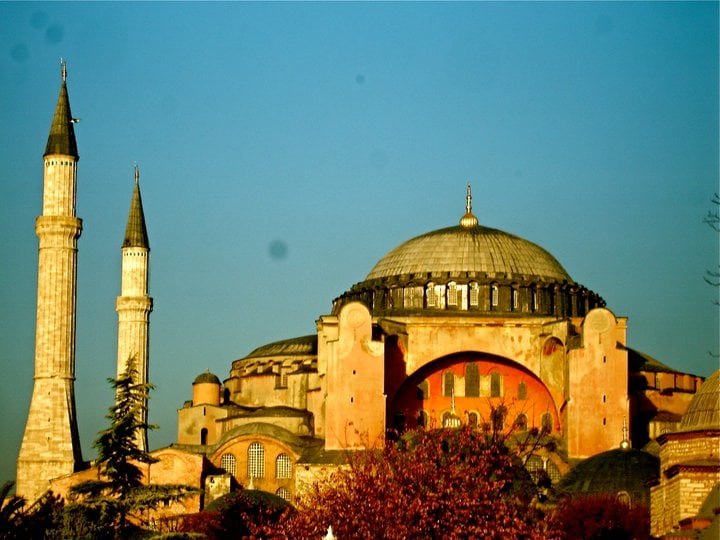Jamal Khashoggi was assassinated to silence his voice as a prominent critic of Saudi Arabia. Moving to the U.S. in June 2017, after being banned by the Saudis for criticizing President Trump, Khashoggi was eventually hired by the Washington Post in September of the...


